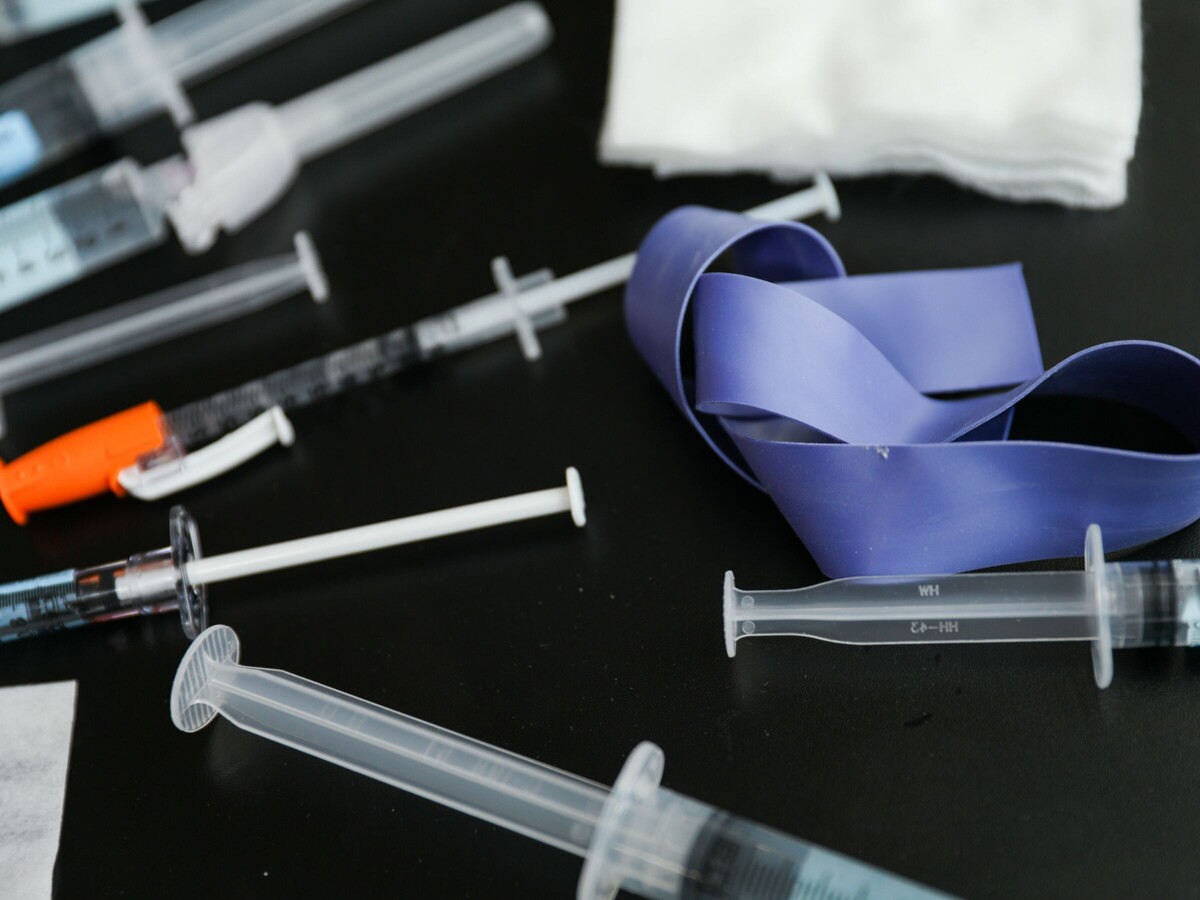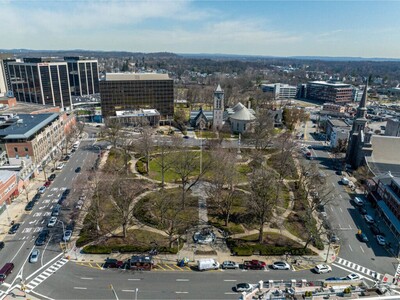Murphy Administration Enacts Regulatory Changes to Expand Harm Reduction Centers in New Jersey
Moves aimed at combating the opioid epidemic, providing resources for vulnerable populations.
In continued efforts to mitigate the impact of the nationwide opioid epidemic on New Jersey, the Department of Health (DOH) under Governor Phil Murphy's administration has published regulatory changes that ease the development of harm reduction centers across the state. These centers aim to decrease the harmful effects of drug use and provide resources for individuals in need.
Governor Phil Murphy stated, "Establishing harm reduction centers throughout the state will pave the way for more of our community members to receive crucial services that can lessen the harmful effects of drugs." He emphasized that this approach will help protect the health and well-being of residents who use drugs.
The regulatory changes delineate procedures for entities to follow when registering as harm reduction centers and lay out operational requirements for these centers. The new rules also affirm that centers can provide harm reduction services at fixed and/or mobile locations.
Entities such as Federally Qualified Health Centers, substance use treatment programs, AIDS service organizations, and public health agencies can now apply on a rolling basis to be registered as a harm reduction center. The rules also eliminate a prior requirement for municipalities to have a certain number of residents with HIV/AIDS to qualify for a harm reduction center.
The Department’s Public Health Council reviewed the proposed changes in June, and public comments are open. The New Jersey Coordinator for Addiction Responses and Enforcement Strategies (NJ CARES) has distributed an advisory to law enforcement about implementing these regulations.
Commissioner of Health Judith Persichilli noted, "These regulatory changes are aligned with national best practices for harm reduction services." She believes that with the expansion of these services, New Jersey is doubling down on efforts to prevent overdose deaths and improve the health of people who use drugs.
Harm reduction centers offer critical resources such as clean needles and naloxone in a safe, non-judgmental environment. In 2021, New Jersey’s Harm Reduction Centers served 3,162 individuals, with 799 being referred to additional care. So far in 2023, there have been 1,428 suspected drug-related deaths in New Jersey, disproportionately affecting Black residents.
In August, the DOH will issue a competitive Request for Proposals to support the activities of approved harm reduction centers. These centers can also request naloxone through the Department of Human Services’ Naloxone Distribution Program.















